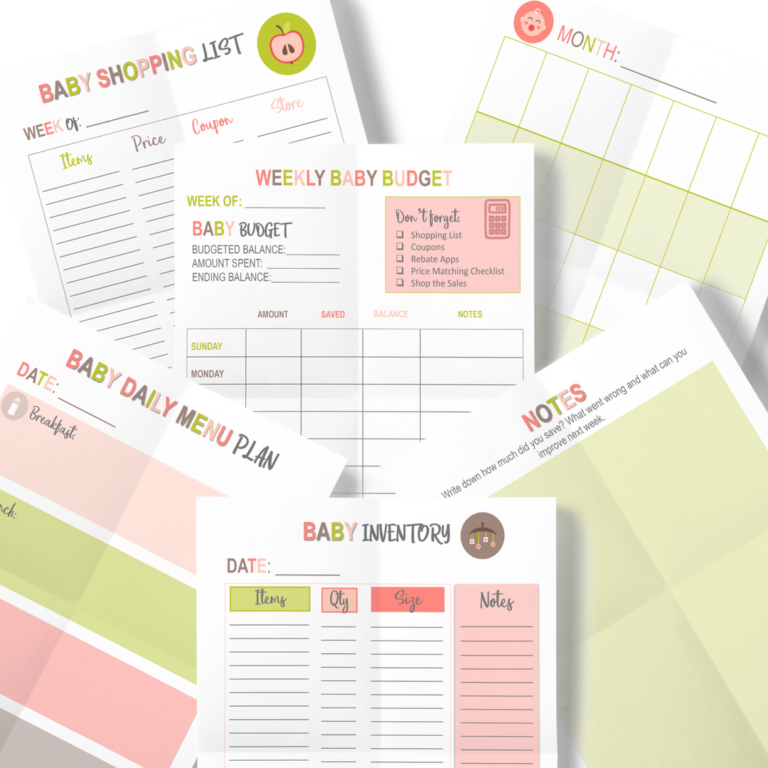Organize your Table For New Academic Year
This post may contain affiliate links which might earn us money. Please read my Disclosure and Privacy policies hereAs a new academic year approaches, students must prepare themselves for success. Your study environment plays a pivotal role in your productivity. One of the most significant aspects of that environment is your study table.
An organized study table can improve your focus, efficiency, and academic performance. Whether you are a seasoned student or just beginning your college journey, an organized table will boost your study routine. Here, we'll discuss 10 tips to help you manage your table for the new academic year.
‘A disorganized place where you do homework or learn something new can not only be a mess, but also it can distract students from studying. Not everyone faces such a problem, but it still exists. Some students do not take this problem seriously and continue to study in a mess, not noticing how it negatively affects their studies.
If you do not have enough time to organize your workplace due to a large number of assignments, you can ask for help from experts at StudyMoose writing services, who will free up your time and write you a high-quality essay. Therefore, you will definitely have enough time to organize the table.
These examples offer valuable insights and inspire innovative ideas. They help in structuring well-researched essays. With StudyMoose's diverse essay resources, honing your skills becomes attainable. It will ensure your academic journey is marked by proficiency and excellence.

10 Tips to Prepare Your Table For New Academic Year
As you gear up for the new academic year, remember that organizing your study space doesn't have to be a financial burden. By implementing these ten money-saving ideas, you can create an efficient and inspiring environment without compromising quality.
1. Efficient Stationery Shopping
One of the most essential elements of an organized study space is having the correct stationery. However, stationery shopping can become expensive if you're not careful. To save money, start by making a list of the specific items you need for your academic tasks.
This prevents impulse buying and ensures you only buy what's necessary. Look for student discounts and bulk deals on pens, notebooks, and folders. Being strategic in your stationery shopping allows you to allocate your budget wisely.
2. Repurpose and Reorganize
Before buying new organizers or storage solutions, look closely at what you already have. Repurpose items like shoeboxes, empty containers, or mason jars. You can use them to store pens, paper clips, and other small supplies. Reorganize your study area by finding innovative ways to arrange your materials. This saves money and gives your space a unique, personalized touch.
3. DIY Desk Accessories
Creating a conducive study environment doesn't mean splurging on expensive desk accessories. Get creative and craft your organizers. Use old magazine holders to store textbooks. You can also repurpose wooden pallets as bulletin boards.
This DIY approach saves money. It allows you to customize your space according to your preferences. Consider setting up a “student contract for grades” board to track your goals and achievements visually.
4. Use Digital Resources
In the internet age, many digital resources are available at your fingertips. Use free examples to guide your work when writing essays or assignments. Educational websites, online libraries, and academic databases offer many materials. You can use them to aid your research and understanding. This enhances the quality of your work and saves money on purchasing physical books.
5. Energy-Efficient Lighting
Proper lighting is crucial for an efficient study space but doesn't have to lead to high energy bills. Opt for energy-efficient LED bulbs that consume less electricity and last longer.
Additionally, make the most of natural light during the day by positioning your desk near a window. Creating a well-lit workspace enhances productivity and helps you save on utility expenses.
6. Digital Note-Taking
Gone are the days of stacks of notebooks and loose papers. Embrace digital note-taking to stay organized and reduce paper usage. This help you keep your notes in one accessible place. It will also minimize the need for physical storage solutions.
Plus, digital notes can easily be shared with teachers for feedback. It eliminates the hassle of deciphering handwritten comments.
7. Budget-Friendly Furniture
Furniture can be a significant expense when setting up your study area. Look for budget-friendly options that fulfill your needs without draining your wallet. Garage sales, thrift stores, and online marketplaces often have affordable furniture.
You can buy this furniture for your study space. When “grading college papers” or working on assignments, a functional and comfortable chair and desk are essential for productivity.
8. Mindful Printing
While the digital age has reduced the need for excessive printing, hard copies are still necessary. When printing essays or research papers, be mindful of your usage. Set your printer to draft mode to save ink, and publish only the sections that need a hard copy. This saves money on ink and paper. It contributes to a more sustainable study environment. Additionally, if you encounter issues with your printer indicating that an ink cartridge is empty when it’s not, learning how to reset an ink cartridge can help extend its usability and avoid unnecessary replacements. You can visit Sell Toner for more information.
9. Group Study and Sharing
Collaborative study sessions can be both productive and cost-effective. Form a study group with classmates to share resources, textbooks, and notes. By pooling your collective knowledge, you can fill in gaps in your understanding. You don't need to buy every resource. Additionally, discussing and teaching each other can enhance your comprehension of the material. It will lead to better results.
10. Thrifty Decoration
Personalizing your study space with decorative elements can create a motivating atmosphere. However, buying decorations can add up. Get thrifty by making your artwork or repurposing items from around your house. This allows you to infuse your personality into the space without overspending.

Preparing your study table involves more than just arranging books and stationery. It's about creating a space that fosters productivity, efficiency, and inspiration. By following these 15 tips, you'll be better equipped to excel in your studies. Remember, an organized study table is not just a physical space. It reflects your commitment to academic success. It will play a crucial role in your journey toward achieving your goals.







